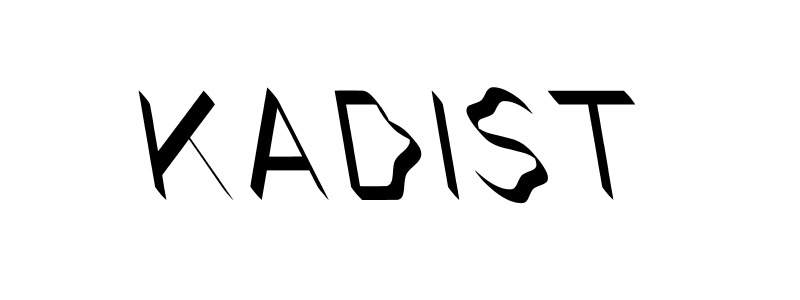Lessons of the Blood
2010 - Film & Video (Film & Video)
1:46:30 minutes
James T. Hong
Lessons of the Blood by James T. Hong pieces together interviews, extensive archival and field research, and TV footage addressing Japan’s use of biological warfare and experimentation on Chinese prisoners during World War II, as well as the revisionism of the Japanese government and Chinese survivors’ attempts to live with this horrific history and to find justice. Co-written, directed, edited and produced with Yin-Ju Chen, whose work is also represented in the Kadist collection, Lessons of the Blood is a meditation on propaganda, the ways in which national mythologies can literally infect and poison the most vulnerable among us, and the legacy of World War II in China, presented through the testimonies of survivors, academics, medical experts, nationalists and activists. The film locates its genesis in the publication of the New History Textbook in Japan in 2000, which infamously glossed over the Japanese Empire’s wartime atrocities, sparking rage and violent protests in China and South Korea in 2005. Using the publication of the textbook as a point of departure, Hong and Chen spent six years — starting in 2004 — following disparate strands of research, including tracking down and interviewing over twenty survivors in China — many of whom lived in highly inaccessible, rural enclaves, spoke local dialects rather than Mandarin, and were locatable only by visiting these villages in person and forming relationships within the local community. Lessons of the Blood also acts as a legal document, as Hong and Chen’s research and documentation were used to aid the survivors after an initial unsuccessful lawsuit against the Japanese government. Because the film spans a period of six years, it subsequently chronicles — through the eyes of ordinary people left behind by both Chinese and Japanese nationalistic agendas — the changes in a rapidly changing China, which chose to remain silent about its Pacific neighbor’s wartime atrocities for many decades because of its economic dependency on Japan.
James T. Hong is an Asian-American filmmaker and artist whose works focus on controversial race and class issues, and historical conflicts in Asia. His film, 731: Two Versions of Hell (2007), was awarded the Best World Documentary Award at the Jihlava International Festival in 2007. Other film productions include Lessons of the Blood (2010) and The Turner Film Diaries (2012).
Colors:
Related artist(s) to: James T. Hong » Pak Sheung Chuen, » Cosmin Costinas, » Irene Kopelman, » Moe Satt, » Adrian Wong, » Bernd Behr, » Dung Kai-Cheung, » Fionnuala McHugh, » Firenze Lai, » George Chinnery

© » KADIST
Adrian Wong
2012Untitled (Grate I/II: Shan Mei Playground/ Grand Fortune Mansion) is part of a series drawn from architectural objects that mark the boundary of public and private spaces Wong encountered while strolling in Hong Kong...

© » KADIST
Pak Sheung Chuen
2017The series Nightmare Wallpapers represents a shift if Chuen’s practice, allowing the artist to immerse himself in an “artistic pilgrimage of self healing” following the failure of the 2014 Umbrella Movement...

© » KADIST
Pak Sheung Chuen
2008Pak created New York Public Library Projects (NYPLP) (2008) during a residency in New York, using public libraries as exhibition spaces and the books they house as raw materials...

© » KADIST
Firenze Lai
2013Central Station, Alignment, and Sumo are “situation portraits” that present whimsical characters within distorted and troubling worlds...

© » KADIST
Firenze Lai
2013Central Station, Alignment, and Sumo are “situation portraits” that present whimsical characters within distorted and troubling worlds...

© » KADIST
Firenze Lai
2013Central Station, Alignment, and Argument are “situation portraits” that present whimsical characters within distorted and troubling worlds...


